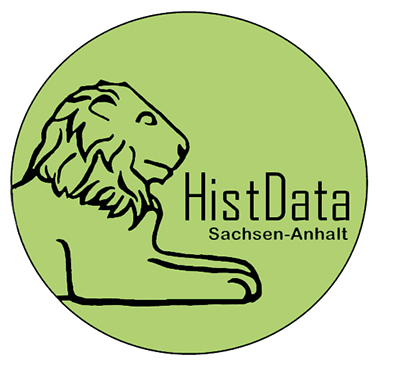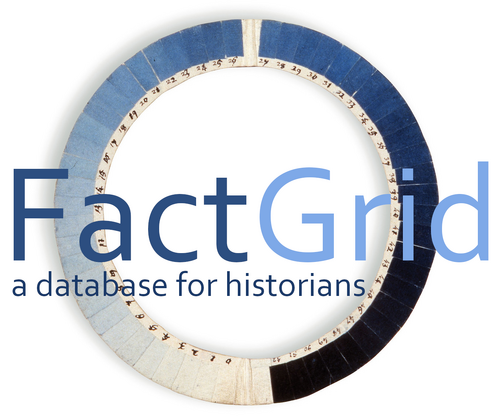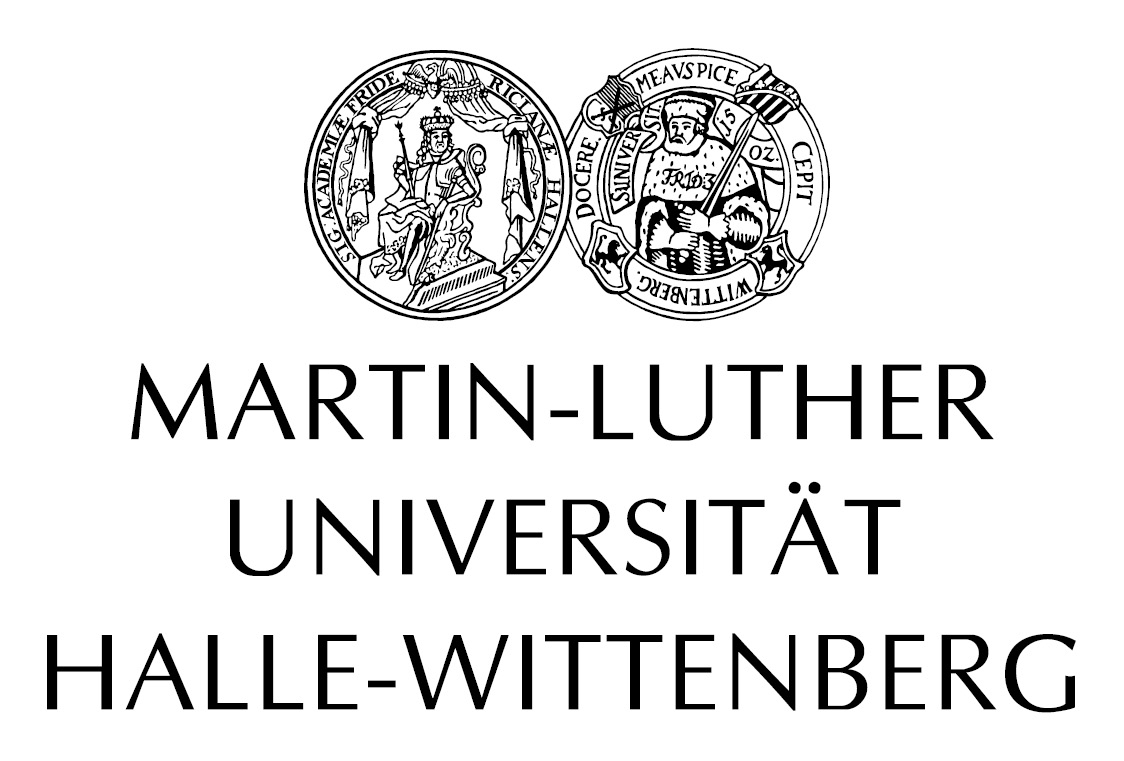



Start > Vokabulare > PST | Primary, Secondary, Tertiary system of occupational coding (PST)
A vocabulary for classifying occupations into a sector model.
Deutsch - English - Espagnol - Français
| Properties | |
|---|---|
| (P34)?Naming: | Primary, Secondary, Tertiary system of occupational coding |
| (P1266)?Abbreviation: | PST |
| (P724)?Digest: | The primary, secondary and tertiary (PST) system for classifying occupations in economic sectors was first developed by Wrigley and Davies in 2004 as part of the project ‘The Occupational Structure of Britain ca. 1379–1911’ at the University of Cambridge. It followed an approach that had already been developed in broad terms by Colin Clark. PST was subsequently used in 174 projects and was offered in further versions in 2006, 2008 and 2010. The taxonomy categorises occupations according to a four-point system, which ultimately identifies the hierarchical levels of the vocabulary (sector, occupational group, occupational sub-group, occupation). In total, PST has eight sectors which, in addition to primary and secondary activities, primarily identify the tertiary professions and missing or unspecified professions. A definition table containing a total of 1,635 different occupational groups and the four-point code was published on the website in April 2010 and is available as an Excel file. A dictionary with 2,614 occupations and their PST codes is also available. The service is rounded off by a reference table with 31,999 different spellings of the coded occupations. Wrigley also wrote a documentation in which he addressed the methodological challenges posed by temporal and social changes. PST was intended to be particularly useful for international comparisons in order to reveal economic structures of different times and regions. |
| (P887)?URL: | https://www.campop.geog.cam.ac.uk/research/occupations/datasets/coding/ |
| (P121)?Genre classification: | Classification/Taxonomy |
| (P15)?Medientyp: | Electronic publication |
| (P608)?Field of knowledge: | Economic history, Historical studies, Social science, Work |
| (P936)?Object types: | Profession, Occupational group, Economic sector, Job characteristics |
| (P984)?Object type properties: | Activity, Profession |
| Properties | |
|---|---|
| (P613)?Number of integrated items: | 31.991 Word/spelling variant(s), 2.614 Standard designation(s) |
| Properties | |
|---|---|
| (P845)?Creator: | Edward Anthony Wrigley |
| (P518)?Technically realized by: | University of Cambridge |
| (P206)?Publisher: | — |
| (P153)?Postal address: | Department of Geography and Faculty of History, The Cambridge Group for the History of Population and Social Structure | Sir William Hardy Building, Downing Place | Cambridge CB2 3EN |
| (P722)?Email address: | mailto:campop@geog.cam.ac.uk |
| Properties | |
|---|---|
| (P280)?Variant: | Quantitative analysis |
| (P575)?Design features: | List of terms with short definitions |
| (P902)?Methodology: | Based on source terms (Complete), The technical terms have a theoretical concept (Complete) |
| (P15)?Media type: | Electronic publication |
| (P1000)?Organisational structure: | Changes can only be made by trained staff |
| (P999)?Sustainability: | The project is supported by a larger community in the medium term |
| (P942)?Number of hierarchy levels: | 4 |
| (P900)?Completeness: | Completeness is the goal |
| Properties | |
|---|---|
| (P18)?Language: | English |
| (P1152)?Date of first publication: | 2004 |
| (P222)?Date of publication: | 2010 |
| (P939)?Versioning: | Existing |
| Properties | |
|---|---|
| (P898)?External matching: | — |
| (P573)?Target group: | Research project, Researcher |
| Properties | |
|---|---|
| (P382)?Specifications: | Applies (overall) |
| (P978)?External tutorial: | — |
| (P180)?License: | Licence and copyright status unknown |
| Properties | |
|---|---|
| (P940)?Technology: | Microsoft Excel |
| (P125)?Status of possesio: | Complete download possible, Print publication |
| (P15)?Media type: | Electronic publication |
| (P937)?Referencing method: | — |
| (P903)?Data format: | Microsoft Excel, PDF | Portable Document Format |
| (P923)?API endpoint URL: | — |
| (P941)?SPARQL endpoint URL: | — |
| (P995)?Services offered: | — |
| (P950)?Cite as: | Edward Anthony Wrigley / Rose Davies, Occupational coding – the PST system, in: Department of Geography and Faculty of History, The Cambridge Group for the History of Population and Social Structure, Cambridge 2004-2025, URL: https://www.campop.geog.cam.ac.uk/research/occupations/datasets/coding/. |
| Properties | |
|---|---|
| (P1302)?Dataset editing: | Katrin Moeller |



